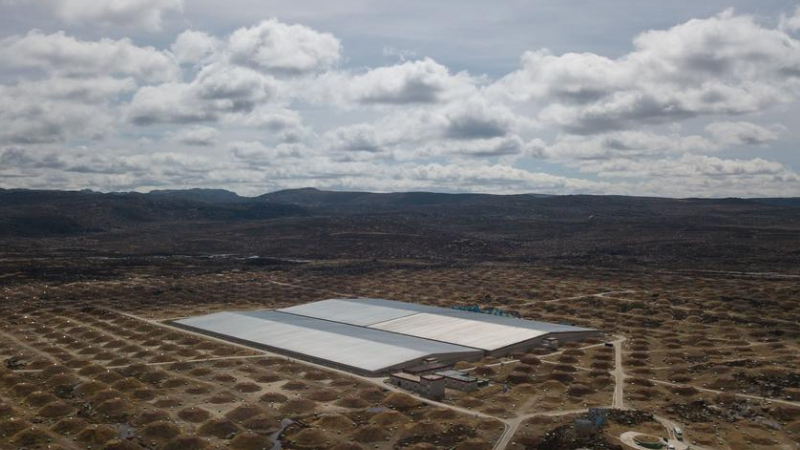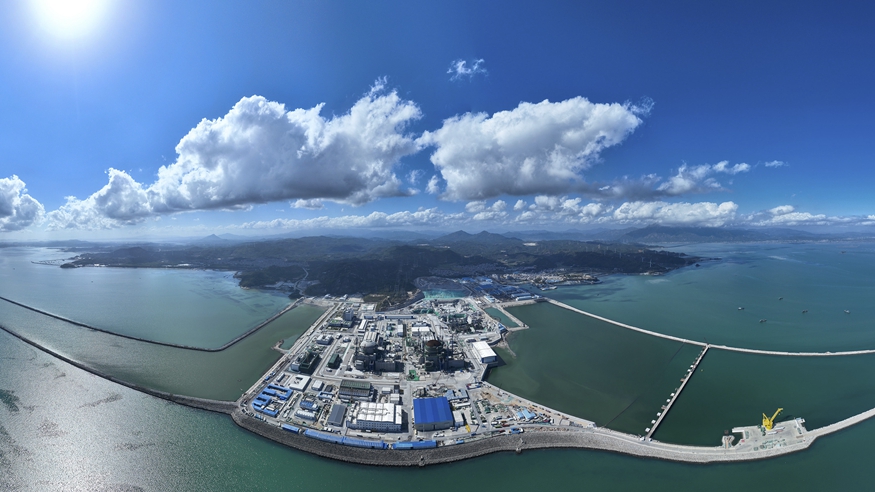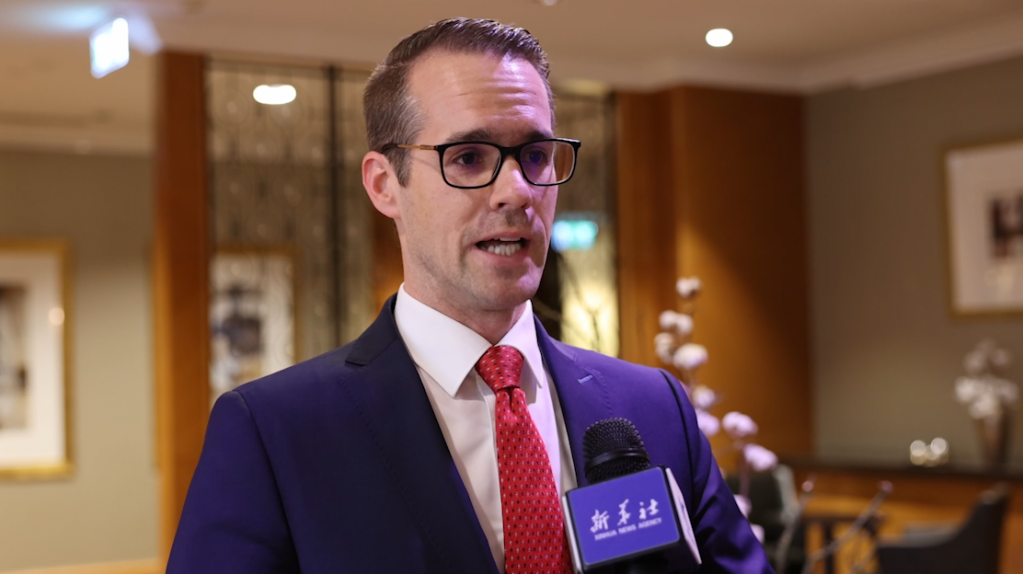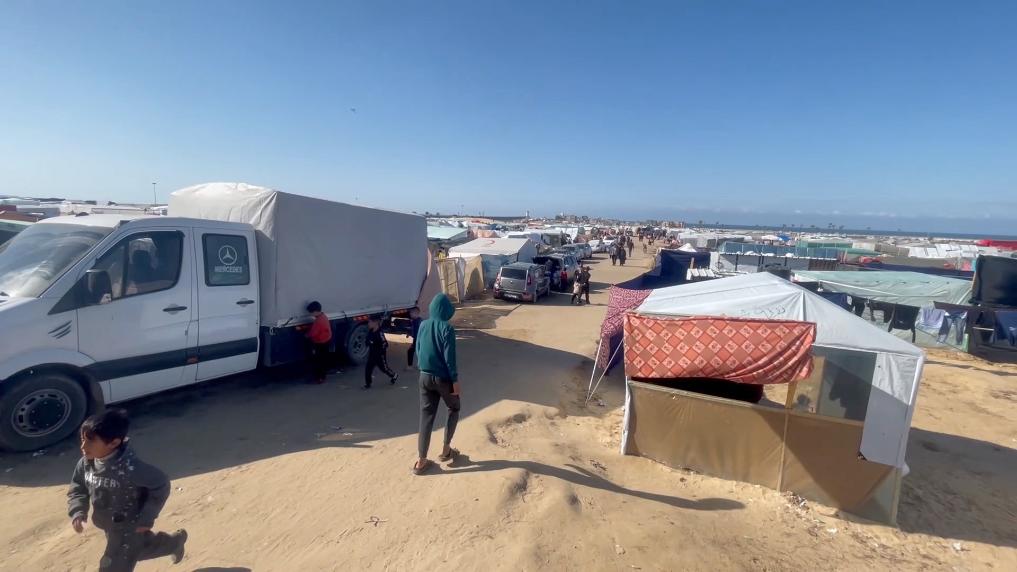"The decision to resign comes in light of the developments in the Gaza Strip, the West Bank and Jerusalem," Palestinian Prime Minister Mohammad Shtayyeh said during a weekly cabinet meeting in Ramallah, noting that his government worked under challenging circumstances.
RAMALLAH, Feb. 27 (Xinhua) -- Palestinian President Mahmoud Abbas on Monday accepted the resignation of Prime Minister Mohammad Shtayyeh's government, reported the Palestinian News Agency Wafa.
Abbas has tasked Shtayyeh's government with temporarily continuing its duties until a new government is formed.
Earlier in the day, Shtayyeh submitted the resignation of his government to Abbas.
However, experts forecasted that it might take weeks before a replacement is named.
"The decision to resign comes in light of the developments in the Gaza Strip, the West Bank and Jerusalem," Shtayyeh said during a weekly cabinet meeting in Ramallah, noting that his government worked under challenging circumstances.
According to Al Jazeera, Shtayyeh's remarks coincide with mounting pressure from the United States on Abbas to reform the Palestinian Authority and initiate the establishment of a political framework capable of governing a future Palestinian state in the aftermath of the conflict.
"The next stage and its challenges require new governmental and political arrangements that take into account the emerging reality in the Gaza Strip, the national unity talks, and the urgent need for an inter-Palestinian consensus based on a national basis, broad participation, unity of ranks, and the extension of the Palestinian Authority's sovereignty over the entire land of Palestine," Shtayyeh added.
Israeli lawmakers backed Prime Minister Benjamin Netanyahu's stance against any "unilateral" recognition of a Palestinian state during the previous week, as international calls for the resumption of negotiations on Palestinian statehood have intensified.
"The Knesset came together in an overwhelming majority against the attempt to impose on us the establishment of a Palestinian state, which would not only fail to bring peace but would endanger the state of Israel," said Netanyahu.
Yet, the Palestinian Foreign Ministry slammed the vote, alleging that Israel is exploiting the occupation of Palestinian territories to deprive Palestinians of their rights.
"The ministry reaffirms that the State of Palestine's full membership in the United Nations and its recognition by other nations does not require permission from Netanyahu," it said in a statement.
During the past 24 hours, the Israeli army killed 90 Palestinians and wounded 164 others, bringing the death toll to 29,782 and injuries to 70,043 since the Israel-Hamas conflict broke out on Oct. 7, according to a statement released by the Hamas-run Health Ministry on Monday.
The United Nations stands ready to continue supporting efforts aimed at overcoming the humanitarian, political, financial as well as security challenges facing the Palestinian people, said Stephane Dujarric, spokesman for UN Secretary-General Antonio Guterres.
The UN chief takes note of Monday's announcement by Shtayyeh that he handed his government's resignation to Palestinian President Mahmoud Abbas, the spokesman said.
"A strengthened, empowered Palestinian government that can administer the whole of the occupied Palestinian territory is critical as part of a path to achieving the establishment of a fully independent, democratic, contiguous, sovereign and viable Palestinian state, on the basis of the 1967 lines, of which Gaza is an integral part, which remains the only way to achieve a lasting peace," said Dujarric.
Shtayyeh extended his sincere thanks to Abbas for his support, the ministers for their work in exceptional circumstances, and the partners from the factions participating in the government.
His government was formed by a presidential decree in April 2019 and was entrusted with Palestinian reconciliation and preparing for elections.■












